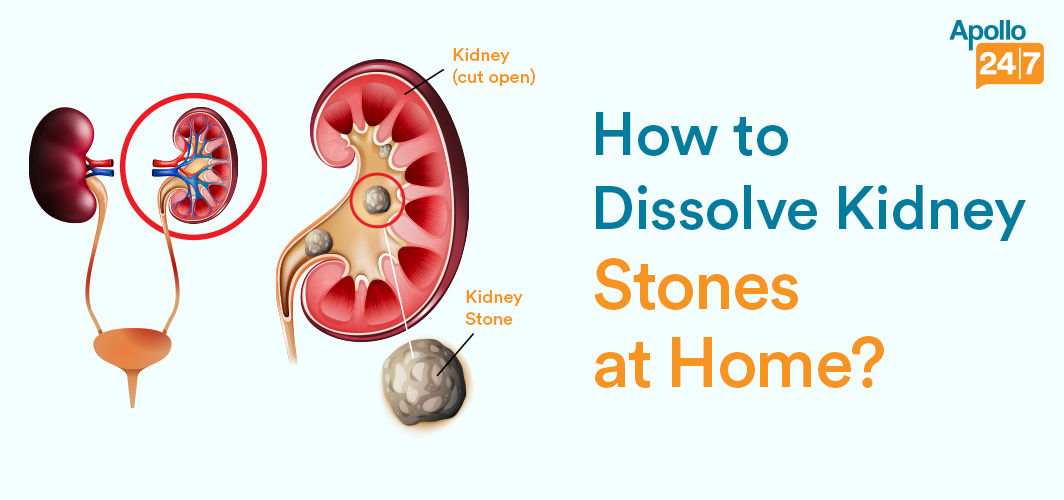General Health
Debunking The Most Common Myths About Vaccines
3 min read
By Apollo 24|7, Published on - 18 April 2023, Updated on - 19 June 2023
Share this article
0
0 like

Vaccines have been around for centuries. Yet, to this day, there are many myths and misconceptions about them. From safety concerns to effectiveness, let's dive into the facts and separate truth from fiction. In this blog, we'll debunk the myths associated with vaccination and provide you with crucial information about these life-saving treatments.
1. You can get the disease after being vaccinated against it.
Some people are fearful that the vaccines they are receiving will increase their chances of contracting the very illness they are trying to prevent. Thankfully, the Centers for Disease Control and Prevention (CDC) have stated that only a small percentage of children (between 1-5%) who receive the vaccine fail to develop immunity and could become ill if exposed. However, it is essential to note that vaccines are designed exclusively to shield against diseases rather than cause them.
2. Vaccination leads to autism.
In 1997, Andrew Wakefield, a British surgeon, sparked a public health controversy when he published a study that purported to link vaccines to autism. Though the research was ultimately discredited, and Wakefield even lost his medical license, the news spread quickly and created widespread fear that vaccination could lead to autism. Unfortunately, this misconception persisted in some parts of the world even after scientific evidence proved it untrue. Vaccines have been thoroughly studied and tested, and there is no reliable evidence that concludes their association with autism.
3. Vaccines weaken immunity.
Many parents are under the false impression that vaccines weaken their child's immune systems, thereby reducing their capacity to fight off diseases. This misconception may seem absurd but the reality is quite different. On average, a baby’s immune system is strong enough to handle up to 10,000 vaccines at once. This is due to the presence of antibodies which work continuously to replenish and strengthen cells, making them better equipped to combat illness.
4. Vaccines aren’t safe.
Vaccines are subject to the highest level of testing and scrutiny among all forms of medicine, and the process from discovery to adoption is often lengthy. From the moment a potential vaccine is first identified, it goes through years of rigorous testing, including detailed laboratory analysis and numerous clinical trials. Even after it is released for public use, scientists remain vigilant in monitoring the results for any changes in outcomes or unexpected side effects. In case of any adverse effects, the vaccine gets removed from circulation.
5. Vaccines have severe side effects.
The fear of side effects is another major factor which causes people to shy away from vaccines. Many people perceive them as unnatural and worry that the chemicals used in vaccines may be toxic. These unfounded fears leave individuals vulnerable to various dangerous illnesses which could have been prevented through vaccinations. Fortunately, all vaccines available on the market are thoroughly tested in laboratories, and the ingredients used have been medically approved, making them safe for human use.
Vaccines are an important part of keeping our communities healthy and safe. Understanding the facts about vaccines is essential to separate truth from fiction. Vaccines save lives, effectively reducing or eliminating the spread of serious diseases. By educating ourselves on the importance of vaccines and staying up-to-date with recommended immunisations, we can ensure that we and our loved ones remain protected against various illnesses. If you have more questions,
Medically reviewed by Dr Sonia Bhatt.
General Health
Leave Comment
Recommended for you

General Health
A Complete Guide to Headaches: Causes, Home Remedies, and Red Flags
While "home remedy for headache" remains one of the most searched queries, what is interesting is that no two headaches are the same, and neither are their remedies. Read on as this blog highlights the top 10 different causes, remedies and red flags of headaches.

General Health
How to Dissolve Kidney Stones at Home?
Regardless of gender, any individual can develop kidney stones. Because of kidney stones, one can suffer from several symptoms that impact their daily lifestyle. In this blog, you can find home remedies that help you to dissolve kidney stones.
.jpg?tr=q-80)
General Health
Persistent Body Aches or Unexplained Inflammation? Know Why Your Doctor Might Recommend an ESR Test
Suffering from ongoing body aches or unexplained inflammation? Discover how the ESR test helps detect hidden infections, autoimmune conditions, or chronic inflammation.
Subscribe
Sign up for our free Health Library Daily Newsletter
Get doctor-approved health tips, news, and more.
Visual Stories

Could There Be More to Your Snore?
Tap to continue exploring
Recommended for you

General Health
A Complete Guide to Headaches: Causes, Home Remedies, and Red Flags
While "home remedy for headache" remains one of the most searched queries, what is interesting is that no two headaches are the same, and neither are their remedies. Read on as this blog highlights the top 10 different causes, remedies and red flags of headaches.

General Health
How to Dissolve Kidney Stones at Home?
Regardless of gender, any individual can develop kidney stones. Because of kidney stones, one can suffer from several symptoms that impact their daily lifestyle. In this blog, you can find home remedies that help you to dissolve kidney stones.
.jpg?tr=q-80)
General Health
Persistent Body Aches or Unexplained Inflammation? Know Why Your Doctor Might Recommend an ESR Test
Suffering from ongoing body aches or unexplained inflammation? Discover how the ESR test helps detect hidden infections, autoimmune conditions, or chronic inflammation.
